It's hard to trust CD Projekt when it's still pretending Cyberpunk 2077's launch wasn't a disaster
Don't believe his lies.
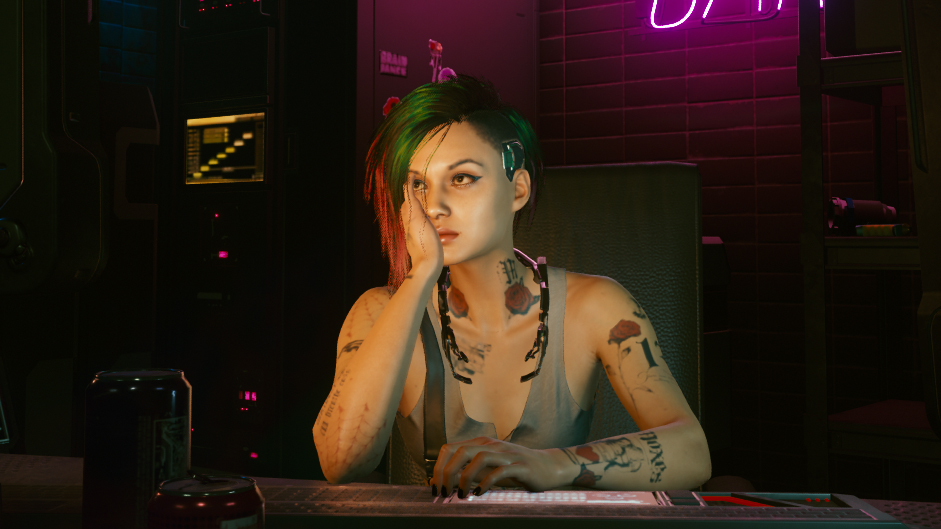
The din of anticipation for Cyberpunk 2077's launch was deafening. The Witcher 3 was a masterpiece, and after years and years of waiting we were getting to see how CD Projekt Red would build on that with a very different style of RPG. What we got was an ambitious mess that took a long time to rectify, and one of the highest profile launch disasters in videogame history. And now, in an interview with GamesIndustry.biz, CDPR is trying to make us think we just dreamed it all.
The interview with VP of PR and communication Michał Platkow-Gilewski is an interesting look at how developers manage their relationship with fans and how CDPR tried to rebuild both that relationship and the game itself after everything fell apart, but the insights he provides are slightly undermined by the gargantuan fib at the bottom of the article.
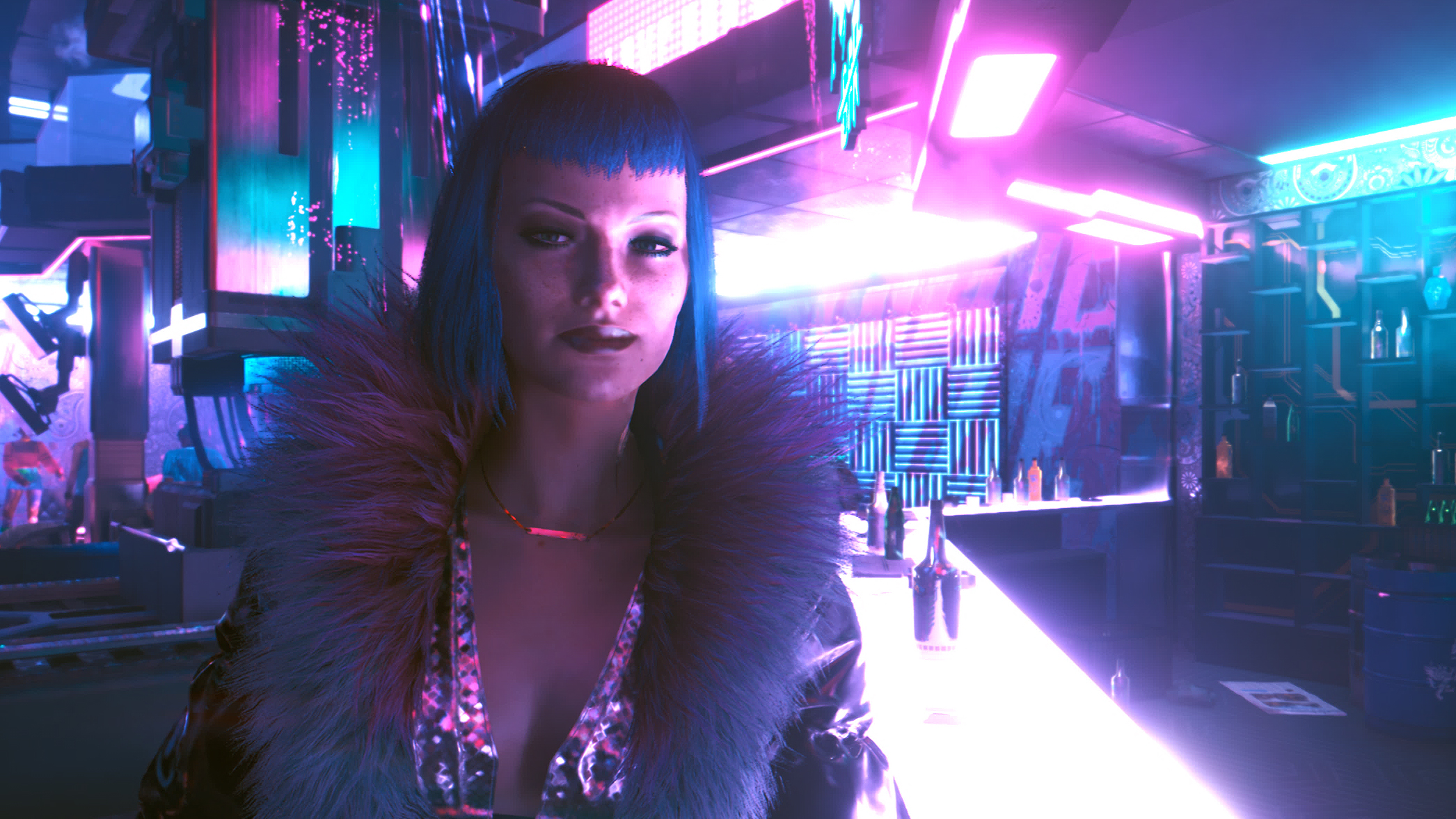
"I actually believe Cyberpunk on launch was way better than it was received, and even the first reviews were positive. Then it became a cool thing not to like it. We went from hero to zero really fast. That was the tough moment. We didn't know what was happening. We knew that the game is great, yes we can improve it, yes we need to take time to do it, and we need to rebuild some stuff."
Complete and utter bollocks.
After countless delays Cyberpunk 2077 was pushed out the door unfinished, full of bugs and under-developed systems. On last-gen consoles, bugs and performance issues were so bad it was rendered unplayable, to the point that Sony removed it from sale on the PlayStation Store. This was a platform holder saying that one of the biggest games of the decade was simply not in a good enough state to be sold. Regardless of player backlash, this is more than enough to prove that it was not released in an acceptable state.
This retcon willfully ignores truths that we all know, like how those positive reviews were not based on the versions of the game with the biggest problems. Or that reviews are not always representative of what most players think about a game. I've certainly reviewed games that I loved only to find myself in a tiny minority.
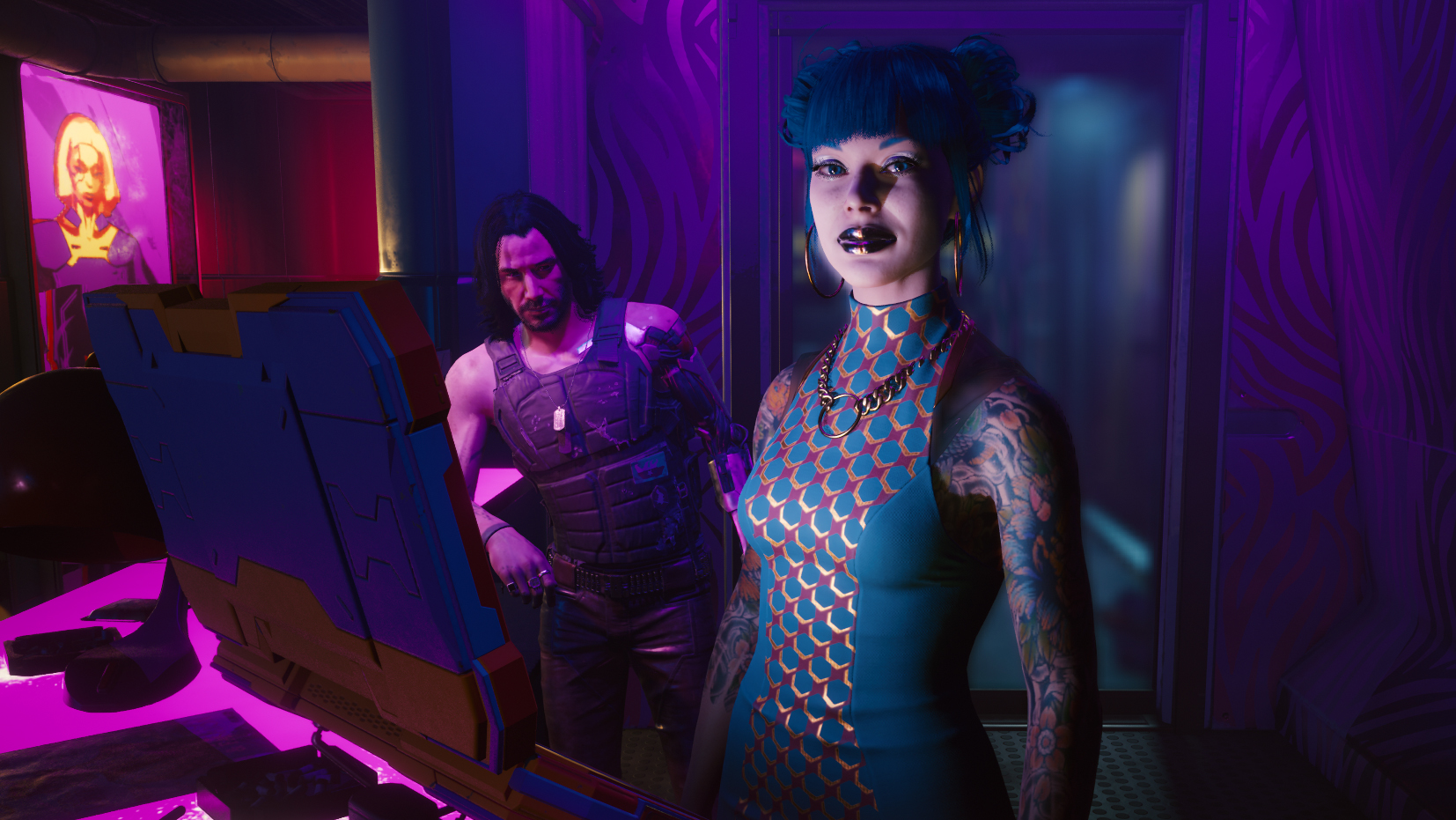
The PC version was undeniably in a much better state than its console counterparts, but it suffered its fair share of issues too, and even when there was something good to say about it, the spectre of CDPR's mishandling of the game still loomed. In our 78% Cyberpunk 2077 review James Davenport wrote, "But hey, Judy's not perfect either. I've seen her clip through chairs and float across the room while confessing something deeply personal. And yet, I am duty bound to stick through the bugs for my friend. I genuinely care about her."
Keep up to date with the most important stories and the best deals, as picked by the PC Gamer team.
For Platkow-Gilewski to paint players' genuine complaints as disingenuous is insulting and disappointing.
Because reviewers are such a small sample group, the real extent of the problems didn't become clear until it was fully pushed out the door. And then the deluge began, with social media full of clips and screenshots revealing the many ways Cyberpunk 2077 was objectively broken.
It's true that some people just want to hate on the popular thing, but the general sentiment prior to Cyberpunk 2077's launch was that it was going to be a game-changer. People wanted this game to be incredible and the thought that it might not be the second coming was objectionable. So for Platkow-Gilewski to paint players' genuine complaints as disingenuous is insulting and disappointing.
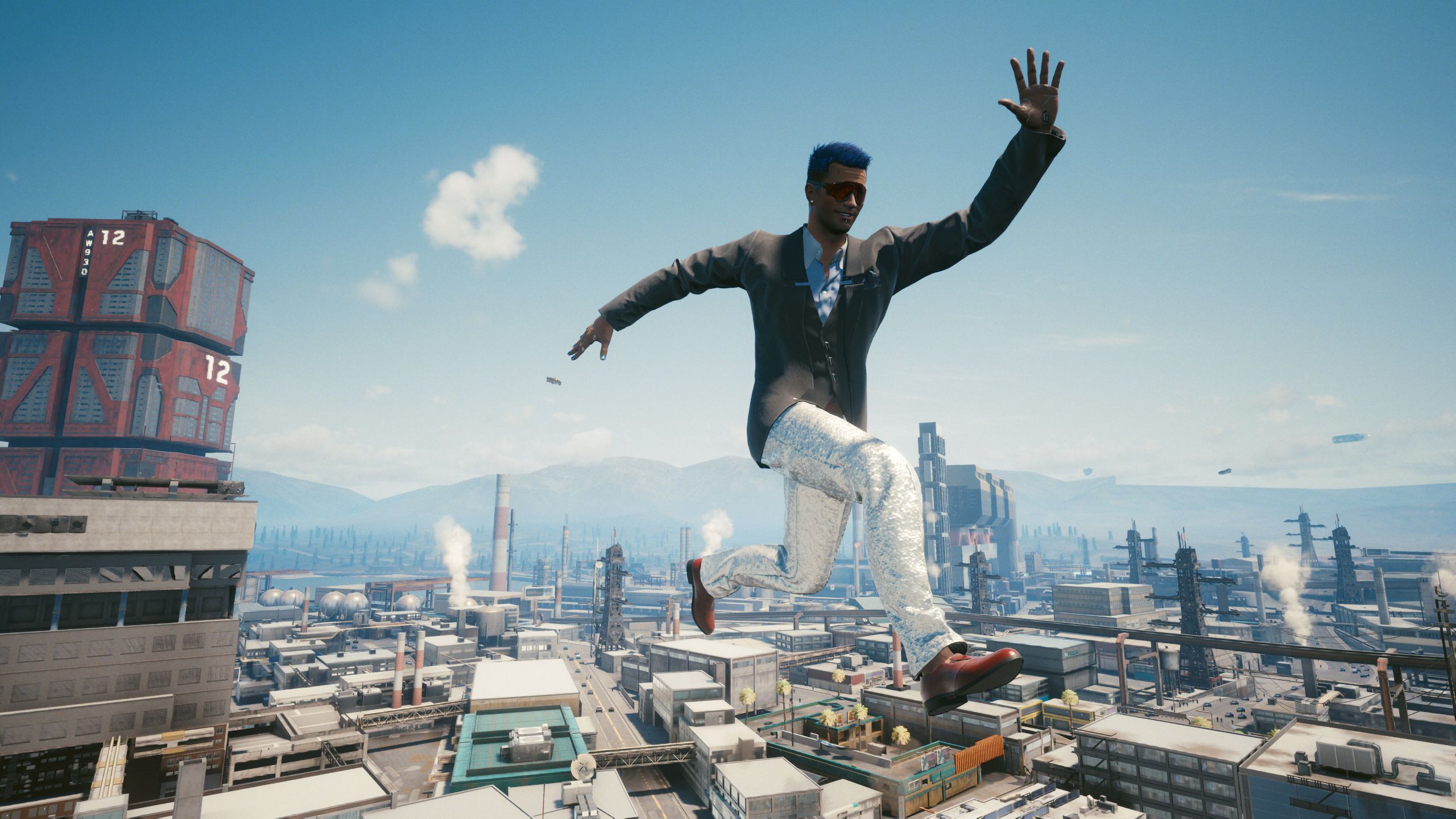
There's no denying that Cyberpunk 2077 has been vastly improved. There are fundamental issues that will never be fixed, but it's a game I'd absolutely recommend. Heck, I even managed to clock in 120 hours in its first months, so there was definitely a good game in there even when it was at its most broken. At least on PC. But seeing how one of CDPR's main representatives is now framing the disaster makes it hard for me to take the developer seriously.
Making this kind of statement so close to the arrival of Phantom Liberty seems like a questionable strategy, too. What we've seen so far looks great, but so did Cyberpunk 2077. If CDPR is willing to invent a conspiracy about how the game was received, then it makes me wonder what excuses it's prepared for the DLC.
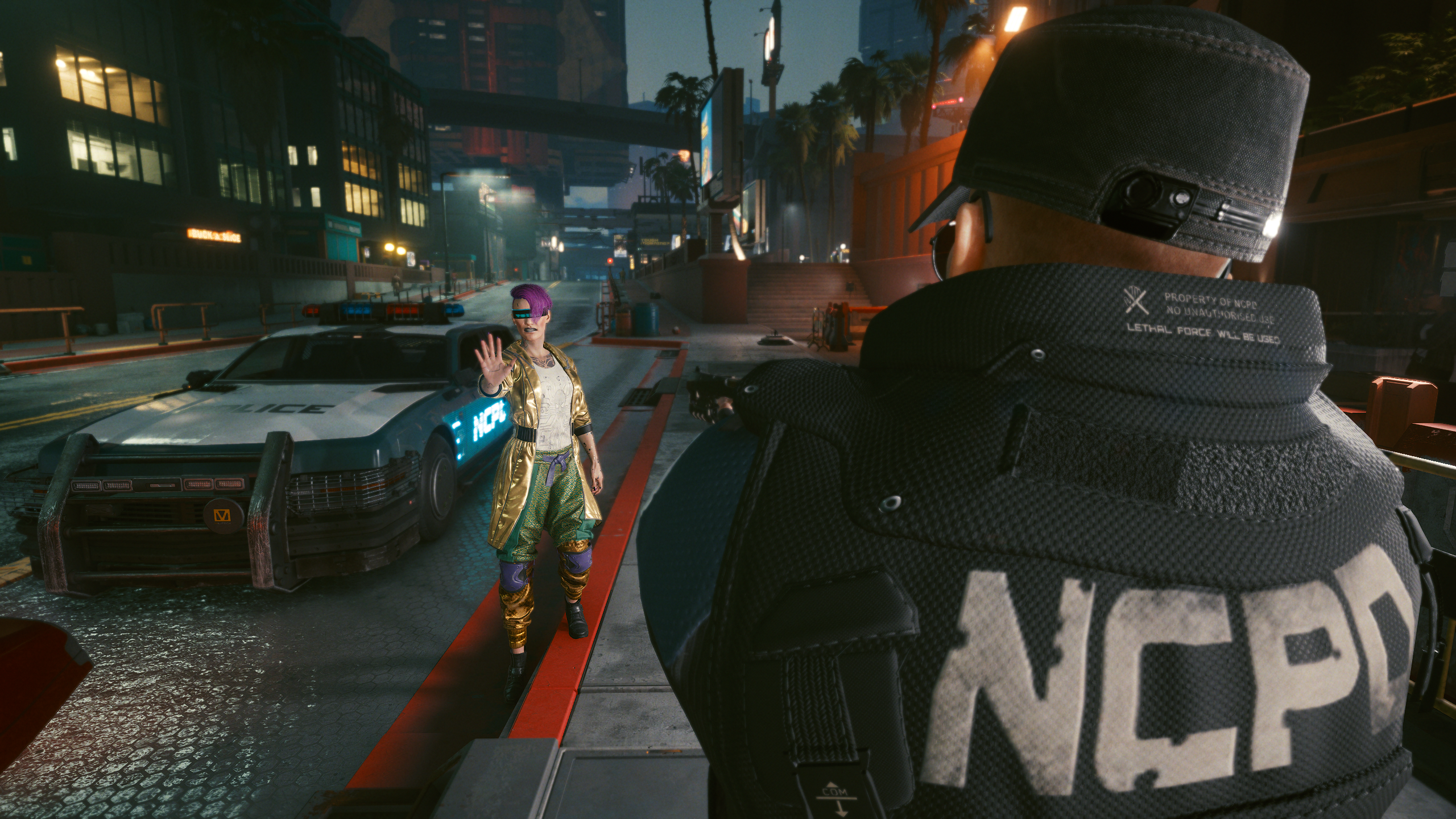
Now, Platkow-Gilewski is not a developer. It's his job to put a sunny spin on things. But in this interview he is the face of the company, and until the studio says otherwise I'm going to assume his opinions reflect those of CDPR's management at the very least. From the sounds of things, there are some major lessons that CDPR has failed to learn. And I'm worried, too, that a lot of us will keep making the same mistake.
Cyberpunk's launch was a big reminder to never trust the hype and, for the love of god, to stop preordering games. Now it's become a redemption story, just like No Man's Sky. And while I'm glad that both of them grew into games I'd recommend, that would have never needed to happen if the respective studios didn't spend so much time overpromising, only to massively underdeliver. Redemption is great, but you know what's better? Not needing to be redeemed in the first place.

Fraser is the UK online editor and has actually met The Internet in person. With over a decade of experience, he's been around the block a few times, serving as a freelancer, news editor and prolific reviewer. Strategy games have been a 30-year-long obsession, from tiny RTSs to sprawling political sims, and he never turns down the chance to rave about Total War or Crusader Kings. He's also been known to set up shop in the latest MMO and likes to wind down with an endlessly deep, systemic RPG. These days, when he's not editing, he can usually be found writing features that are 1,000 words too long or talking about his dog.

